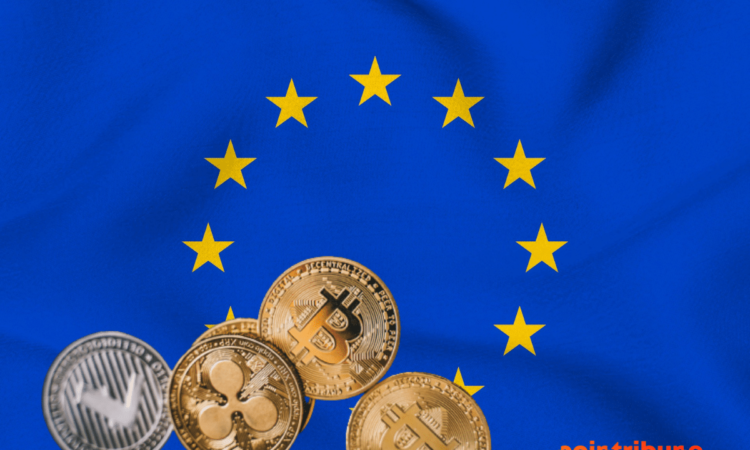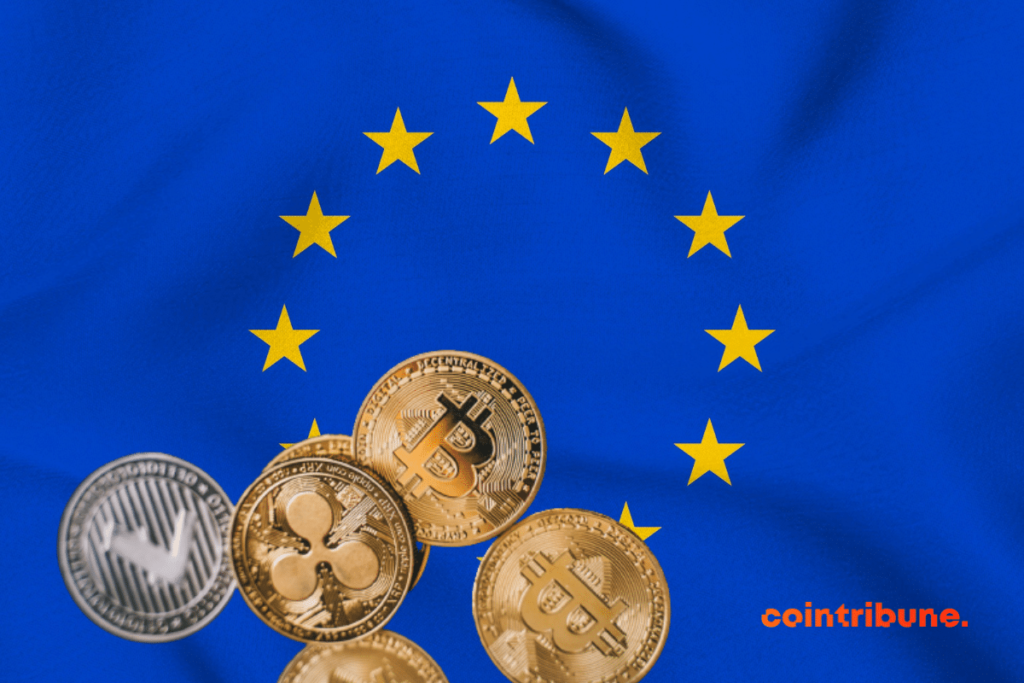
Thu 18 Jan 2024
3
min of reading 
The European Union (EU) supports greater transparency in the conduct of crypto activities. This is indicated by the recent partnership between the European Council and Parliament to strengthen due diligence measures required of crypto companies in the execution of their operations.

Due Diligence Obligations for Crypto Transactions Over $1,090
The European Union (EU) has agreed upon enhanced due diligence rules targeting crypto enterprises. These measures, part of the institution’s fight against money laundering, mark a significant regulatory advancement.
Indeed, this development means that crypto firms will be expected to exercise greater diligence concerning their clients. In particular, when they are involved in crypto transactions exceeding €1,000 ($1,090).
This measure, stemming from an agreement between the European Council and Parliament, has a specific objective. That is, to mitigate the risks associated with financial transactions in the crypto sector through enhanced transparency.
Furthermore, the agreement introduces specific measures addressing concerns related to transactions involving self-hosted wallets. The goal is to increase security and reduce the likelihood of conducting illicit activities through these wallets.
Rules Awaiting Approval
In their current state, these standards are not applicable. The effectiveness of their implementation is still essentially contingent on the green light from Parliament. It will, therefore, have to formally agree on texts with the Council.
These texts will need to be adopted and then published in the Official Journal of the European Union. It is only after this formal regulatory process that these rules will fully apply to the crypto firms concerned.
It should be noted that this development is part of a general global trend of regulators taking a close interest in the functioning of the crypto sector. Recently, for example, the European Banking Authority has extended its guidelines on risk factors for money laundering and terrorist financing to the crypto industry.
This is clearly a sign of a collective effort to address potential vulnerabilities and illicit activities prevalent in the crypto ecosystem. This is done by aligning regulatory practices with the particularly evolutionary nature of these financial technologies.
Maximize your Cointribune experience with our ‘Read to Earn’ program! Earn points for each article you read and gain access to exclusive rewards. Sign up now and start accruing benefits.
Diplômé de Sciences Po Toulouse et titulaire d’une certification consultant blockchain délivrée par Alyra, j’ai rejoint l’aventure Cointribune en 2019.
Convaincu du potentiel de la blockchain pour transformer de nombreux secteurs de l’économie, j’ai pris l’engagement de sensibiliser et d’informer le grand public sur cet écosystème en constante évolution. Mon objectif est de permettre à chacun de mieux comprendre la blockchain et de saisir les opportunités qu’elle offre. Je m’efforce chaque jour de fournir une analyse objective de l’actualité, de décrypter les tendances du marché, de relayer les dernières innovations technologiques et de mettre en perspective les enjeux économiques et sociétaux de cette révolution en marche.
DISCLAIMER
The views, thoughts, and opinions expressed in this article belong solely to the author, and should not be taken as investment advice. Do your own research before taking any investment decisions.






